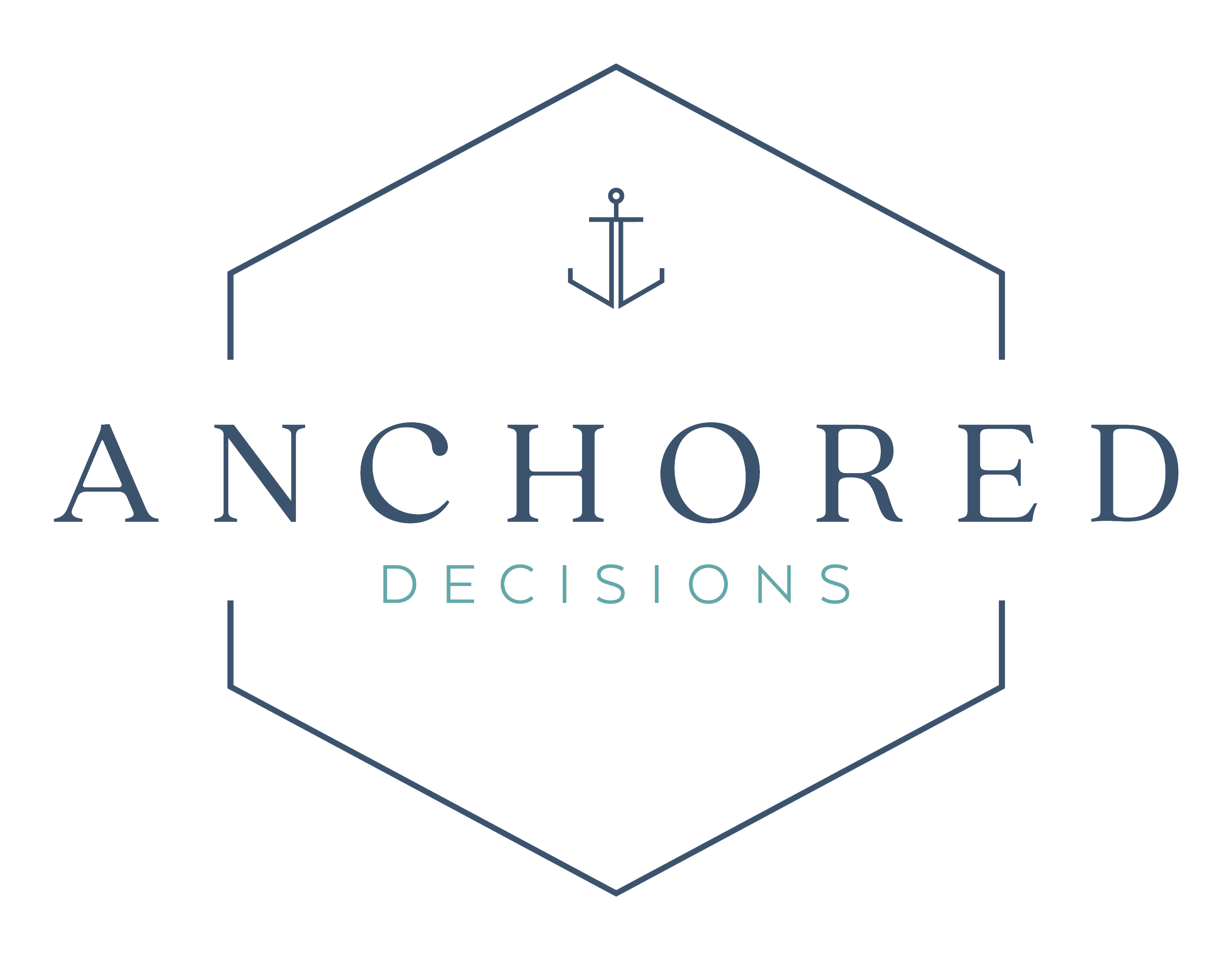AI Chip that Makes Decisions for You — Genius or Disastrous?
I always felt that my grandparents' generation saw the most drastic changes in technology: television, computers, jet engines, microwaves, space exploration, cell phones, and the internet. Those were huge.
But as technology advances and AI starts to dominate, I have a feeling our children’s generation will be the one to see the biggest advancements.
And if this latest development is any indication, we might be closer to that future than we think. According to a recent article from TechHunch, scientists have developed a neural AI chip that can make decisions for you. Yes, you read that right. From choosing what’s for dinner to making major life choices, this chip promises to eliminate decision fatigue once and for all. But is this cutting-edge innovation a brilliant solution — or a dangerous step toward losing control of our own lives?
How the Chip Works
Apparently the NeuroDecide™ chip uses advanced neural interface technology to integrate directly with the brain's frontal cortex (the area responsible for decision-making). Once implanted, the chip monitors neural activity, identifying patterns in thought processes and emotional responses. It then cross-references this data with external information, pulling from real-time sources like financial markets, weather reports, and even social media trends, to deliver a recommended decision directly to the user’s conscious mind via subtle neural stimulation.
In essence, it feels like having a ‘gut instinct,’ but with the processing power of a supercomputer behind it.
Researchers claim the chip can reduce decision fatigue by 98%, leaving users free to focus on more creative and enjoyable tasks.
My Initial Reaction and Concerns
While eliminating decision fatigue would be beneficial to our emotional health, by removing the stress and anxiety created from making decisions, and would definitely free up our time, I have to question what would happen to our brains and the ability to think for ourselves? Would our humanity diminish as we turn into AI-controlled robots?
Would you trust an AI to decide where you should live, what career to pursue, or even who you should date? And what about the spiritual or emotional side of decision-making — the moments where discernment, intuition, and God’s direction play a role? God often leads us down paths that don’t make sense to the world (or AI) but are a part of his perfect plan.
What if the choices you make are the logical choice but undermine your heart’s desires (like the conflicts I mention between your head and your heart in this podcast episode)? Would you grow to despise your life and have more regrets — or would the chip always pick what’s best, since it senses your pleasure receptors and factors your emotional needs?
The experts behind the chip feel this will benefit the world, helping mankind make better decisions as a whole. “The chip is like having the world’s smartest advisor in your head at all times. But without the consulting fees.” – Dr. Meir J. Ehrich, lead scientist on the NeuroDecide™ project.
But I can’t help but wonder who would be held responsible in a lawsuit when the NeuroDecide™ makes a decision that ends in extreme financial loss, death or harm to the individual with the chip or another person.
Where do we draw the line between technological convenience and personal autonomy?
Where to Get the NeuroDecide™ Chip
Fortunately for humanity, you cannot get the NeuroDecide™ chip anywhere — because it’s not real. If you believed me until this point… APRIL FOOLS!
Scientists aren’t implanting decision-making chips in foreheads just yet. But the fact that this concept seemed believable says a lot about how quickly AI is advancing and the role it’s already playing in our choices.
From personalized product recommendations to AI-powered financial planning tools, we’re already relying on artificial intelligence to influence our daily decisions — often without realizing it. In fact, I almost designed an AI-powered decision-making software to help people make personalized AI-based decisions (more about why I chose not to create that in my latest podcast episode)
What are the impacts of AI on Decision-Making?
I’ve been wanting to do a podcast episode on the impacts of AI on our decision-making for a while, so April Fools felt like the perfect lead-in.
In my latest episode, Is AI Sabotaging Your Ability to Make Decisions? I go over:
6 major reasons why relying on AI for decision-making could be disastrous
How I almost created an AI decision software, but God shut that idea down
How I actually do encourage people to use AI — just within certain limitations
I don’t actually believe AI is bad, it just needs to be used in the right context with the right motivations. Listen to the episode to learn how to navigate the AI-driven world without losing your decision-making power! Subscribe to the podcast (Apple | Spotify) to catch the upcoming part 2 of my AI series: AI for Decision Making — Best Practices and Pitfalls to Avoid.

